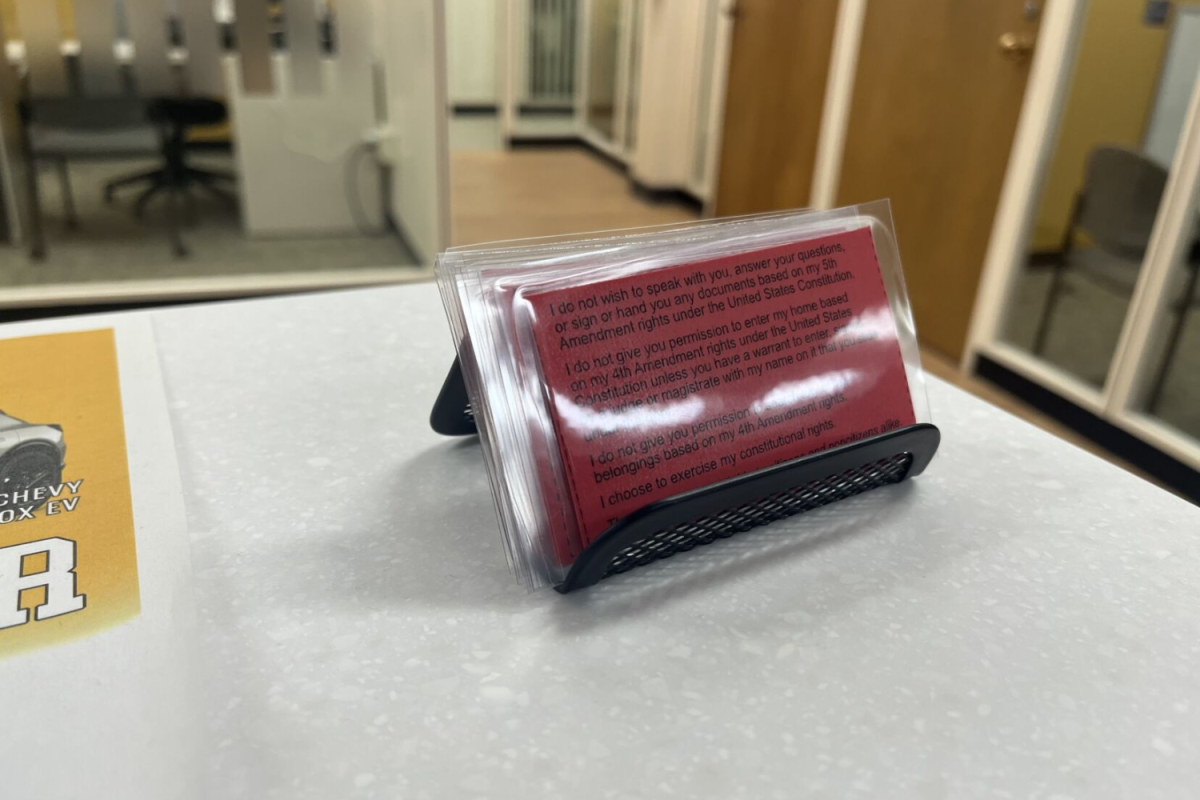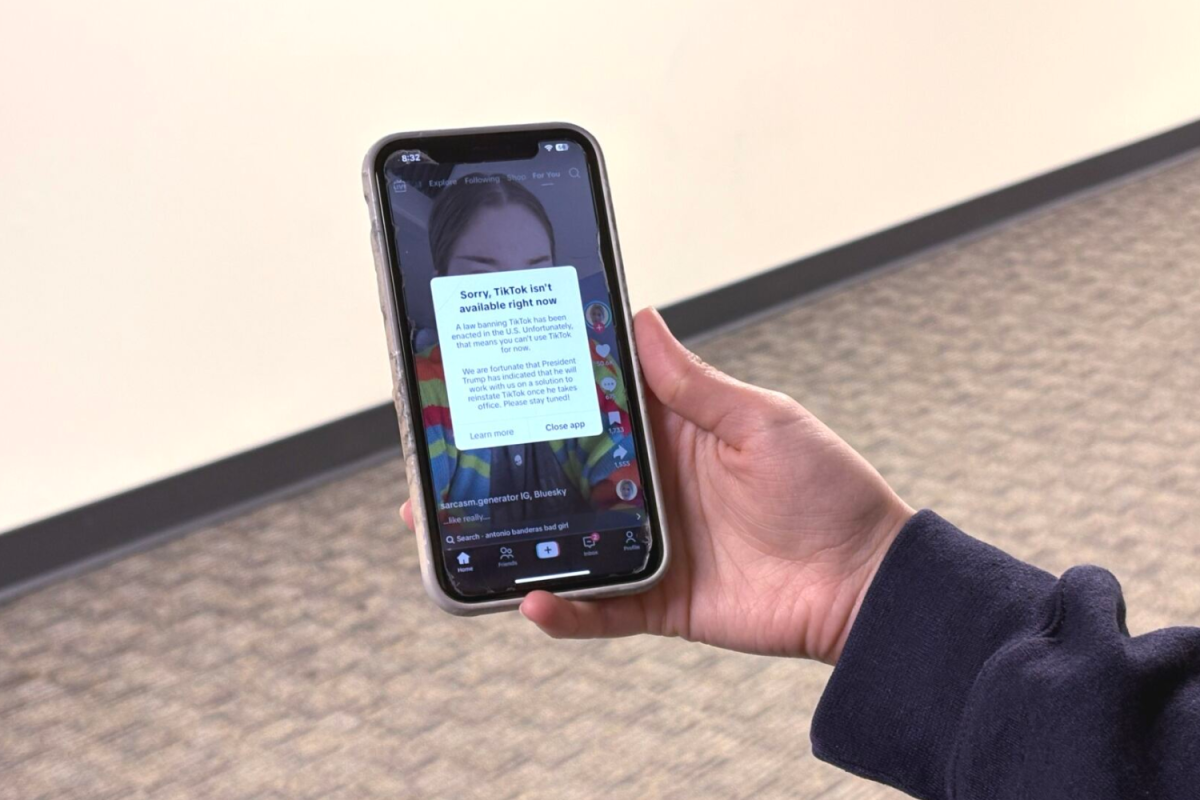Edited Oct. 6, and Oct. 11 for clarification
Editors Note: This article includes discussions of substance abuse.
This article has been revised to address a potential misunderstanding in the second paragraph. The previous wording may have led readers to believe that the drugs that caused the overdose were marijuana and what is suspected to be cocaine; this is not the case.
The cause of the overdose is officially still under investigation by the Berea PD, and by no means was The Exponent or the Berea PD suggesting that the overdose was a result of the use of marijuana.
Following an apparent drug overdose of four Baldwin Wallace University students and one alumnus, which took place in off-campus housing on Sept. 17, BW has taken measures to increase awareness about the resources available for students to handle overdose situations.
According to a story published by WKYC on Sept. 19, Berea Police confirmed that the drugs included marijuana and what is suspected to be cocaine. Further tests will be performed to find out the contents of the drugs through an open investigation from the Berea Police Department.
All five of the men, current or former men’s lacrosse players have since been released from the hospital.
This incident has encouraged the university to put a greater spotlight on BW’s medical amnesty policy, which provides students with substance education in lieu of the student conduct process for calling for help in an emergency dealing with drugs or alcohol, said Lena Crain, the Dean of Students. Amnesty is granted to both the person calling and the person needing help.
“Medical amnesty policy is in place for folks for whom there might be a barrier in seeking help out of fear of getting in trouble,” Crain said. “It takes that barrier out of the way and really just centers the importance on seeking help.”
Crain said the students who made the 911 call after they suspected the individuals suffered from a potential overdose deserve recognition.
“I want to praise the individuals who, in this specific event, acted really quickly. They sought help by calling 911 and really just kept a level head,” Crain said.
All five of the men were former or current members of the men’s lacrosse team. Tim Hall, the associate director of Counseling Services, said that it is understandable for students to be “shaken up” when a tragic event such as this one occurs to their fellow students, and in lieu of this, Counseling Services has met with both the men’s and women’s lacrosse team on Sept. 18 to speak with them about the incident.
“We’re all concerned about the health and the well-being of everybody on campus, so anytime that is jeopardized, especially with a medical emergency, that’s gonna affect anybody whether we know the students or not,” Hall said. “That’s just kind of a consequence of who we are at BW.”
Hall said that when students experience any kind of tragic event, they should be aware of the emotions they may experience afterward. Anxiety, trouble sleeping, loss of appetite, inability to focus and developing triggers are all normal responses after experiencing a traumatic event.
“Understanding why something is happening helps decrease the impact of it a little bit,” Hall said. “Reaching out to loved ones and supportive folk that we have to be able to just talk to and spend time with while a little bit of time passes.”
Crain said the first thing a person should do if they suspect that someone has overdosed is put the individual in recovery position after contacting 911. Recovery position includes putting the impaired person’s nearest arm at a right angle with the back of their other hand by their cheek to support their head. Then turn the person to the side and bend their far knee. This will help keep the airway clear.
Symptoms of overdoses caused by depressants, which include opioids and alcohol, are lethargy, a slowed heart rate and slowed or stopped breathing. The individual may pass out, act confused or have delayed reactions to stimuli.
Overdoses caused by stimulants, which include cocaine and caffeine, will look much different. Victims of this type of overdose may experience chest pain, nausea, increased heart rate, hyper reactivity and hyper response, Crain said.
The Health Center and Counseling Services offer a wide range of support to students both on and off campus, including 24/7 on-call counseling and TimelyCare. If you need to contact counseling services, you can call (440) 826-2180 or visit the Health Center at 207 Beech St.


































